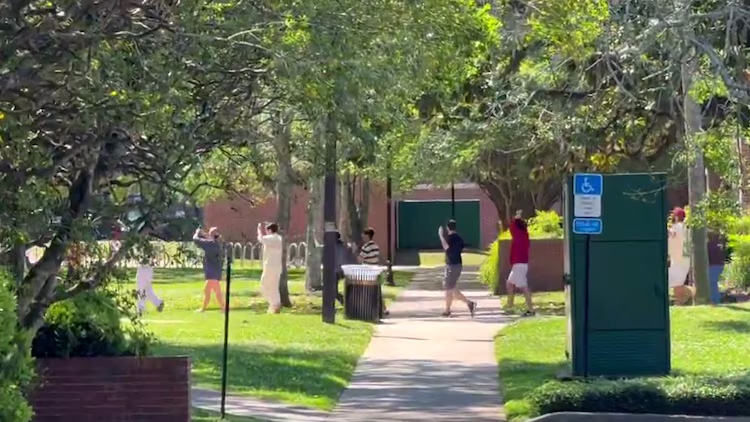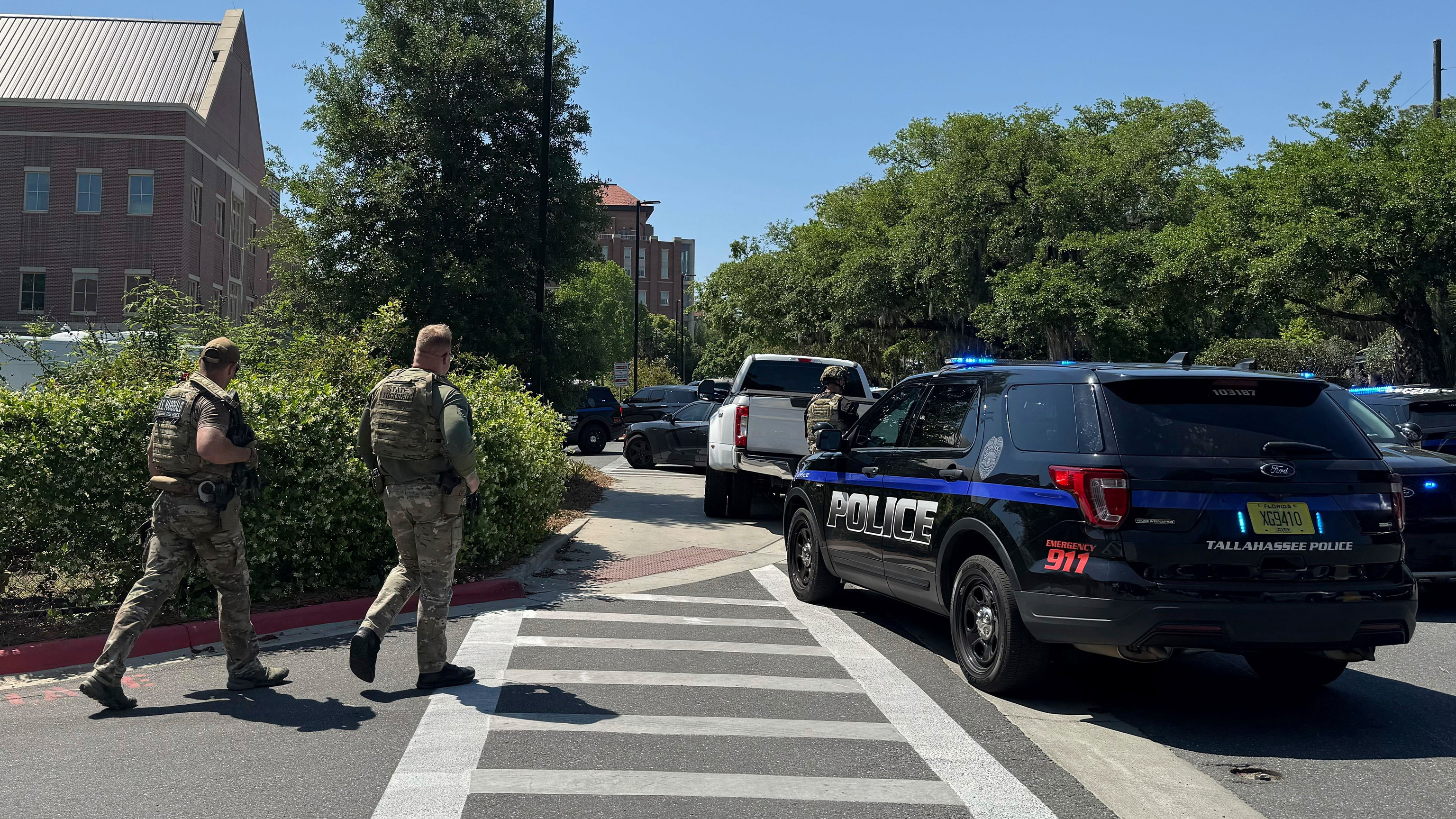Serial rapist convicted after testing of rape kit backlog prioritized

A Tucson man was convicted of raping seven women over a 12-year period after police received a grant to test rape kits and changed a "mindset" over which kits get tested.
"The old view was if you have a situation where the victim reported it was without consent but the defendant or suspect reported that it was with consent and there was nothing to corroborate either way, there was the idea that maybe it wasn't worth testing the sexual assault kit because it doesn't show consent versus lack of consent," Nicol Green, deputy attorney for Pima County, told ABC News.
Green, along with deputy attorney Tracy Miller, prosecuted the case against Nathan Loebe, who was found guilty on 12 counts of sexual assault, five counts of kidnapping, three counts of stalking and one count of attempted sexual assault, according to the Associated Press, for cases that occurred between 2003 and 2015.
"Victims reported that they met a man in a bar or through an online dating site. He provided false names and lied about who he was," Pima County Attorney's Office wrote on Facebook. "Most of the victims reported that they had drinks with the man, and then they either lost consciousness or became incapacitated. The man then sexually assaulted them."
Loebe had previously been a suspect in sexual assault cases, according to the Arizona Daily Star, but claimed sexual activity had occurred with consent.
It wasn't until law enforcement started following the "forklift approach" of testing every rape kit regardless of investigation details that they were able to build a case against Loebe.
"Quite frankly it was a mindset in law enforcement and prosecution in terms of the decision to test a particular sexual assault case looking at that case specifically rather than the big picture," Green said. "As is often the case in law enforcement, as time goes on, ideas and priorities shift, and the recognition that this is a way to identify serial rapists kind of took hold."
Pima County Attorney Barbara LaWall began prioritizing the testing of rape kits in 2014, Green said, and the attorney's office worked with Tucson Police to get ahead of a growing backlog.
In 2015, the Tucson Police Department received a $1 million grant from the Manhattan District Attorney's office in New York, which funded a project to support the testing of rape kit backlogs from settlements with international banks that violated U.S. sanctions.
That grant funded the testing of about 1,450 cases, according to Green, as well as a dedicated detective at Tucson Police and a victim advocate who worked out of the attorney's office. Additional state funding is accounting for remaining kits' testing -- approximately 500 -- so essentially all kits from the backlog are either already tested or in the process of being tested.
Rape kits collect evidence from a victim's body and clothing after an assault, including potential DNA evidence. When DNA evidence is found, it is entered into the Combined DNA Index System, or CODIS, to see if there is a match to a person with a past offense and to identify serial offenders.
Of those 1,450 kits funded by the grant, 839 DNA profiles have been entered into CODIS, Green said, and there have been 364 hits to people who have been convicted or arrested for certain felonies.
"It's grueling," Dallas Wilson, the detective who has been working on these cases at Tucson Police, told ABC News. "We have approximately 400 cases that need to be re-investigated that go back from 1988 to 2016."
There is no statute of limitations for sexual assault in Arizona, and Wilson says these cases are "completely different than any other investigation" as law enforcement is reopening investigations from the start, which is "like opening up a wound all over again" for many victims.
Loebe's DNA was in the system from prior convictions, and "his DNA profile came up within the first month of [grant] testing on more than one kit," Green said.
Tuscon police started searching for him in January 2017, and Loebe was arrested in Kentucky in connection with an alleged sexual assault a month later. As part of his assaults, Loebe allegedly impersonated former child star Brian Bonsall from the '80s sitcom "Family Ties," Bardstown Police said at the time.
Loebe, who was also wanted in Colorado, Massachusetts and Ohio, was extradited to Tucson, Tucson News Now reported in August 2017, adding that the Kentucky charges were dropped.
Nine women testified against Loebe in trial, said Green, who praised "their strength and bravery" and added that "they got justice that was long, long overdue, and as a prosecutor, that feels really, really good."
Five years after starting work on Pima County's rape kit backlog, Green said it's "fabulous" to see a result like this.
"It's a good feeling," Wilson said. "We still have a lot more work to do, though."
Loebe is scheduled for a sentencing hearing on April 22.






